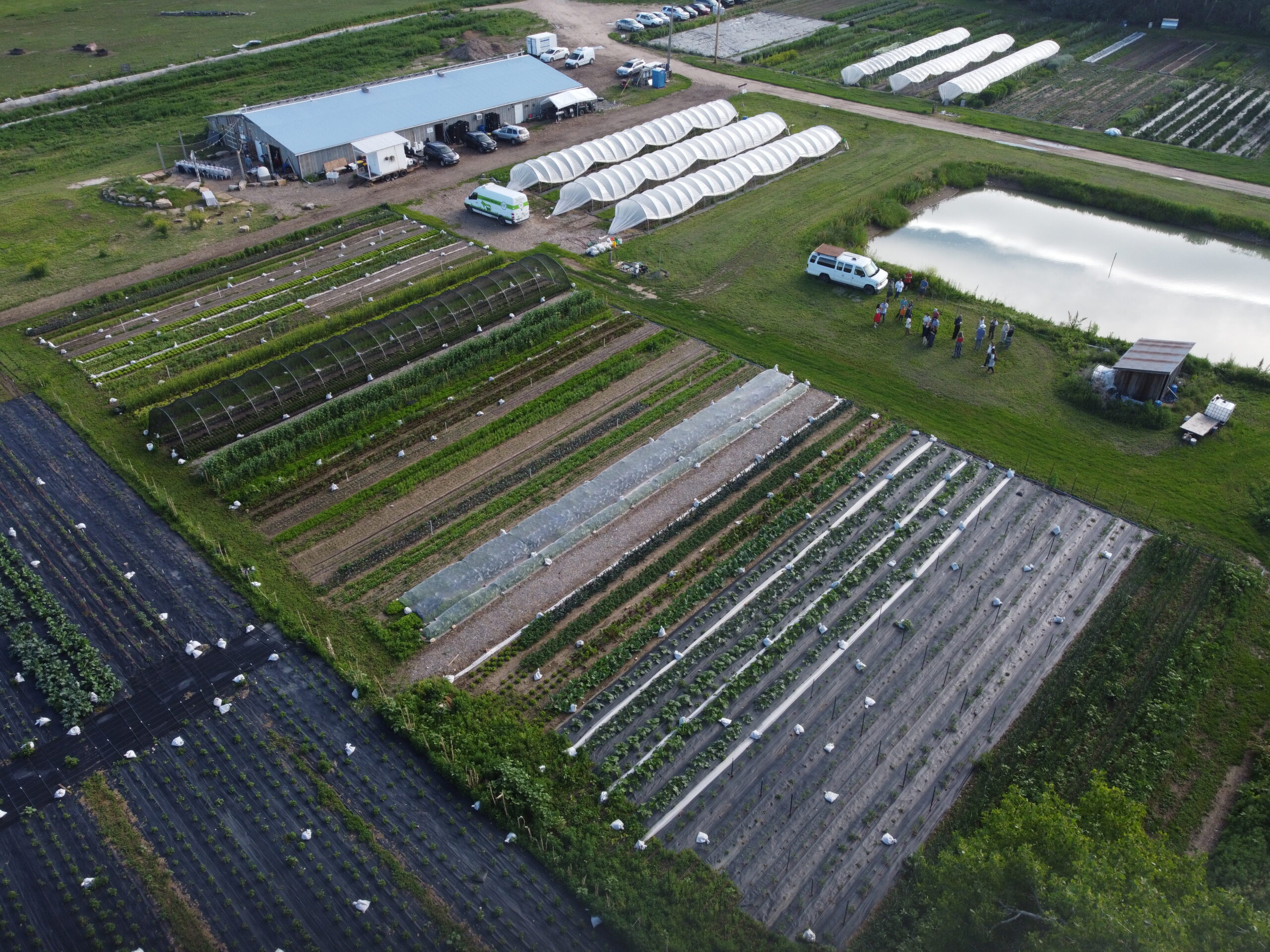
When we talk about resilience, food is often overlooked. But it shouldn’t be. Food touches every part of our lives — our health, our economy, our environment and our communities. In times of political uncertainty and climate disruption, how we grow, source and prepare our food matters more than ever.
At Slow Food Boulder County, we believe a good, clean and fair food system is possible — and that it starts right where we are. You don’t need land, wealth or culinary training to contribute to a stronger local food web. Here are five accessible, high-impact actions you can take right now to help build food resilience in your home and community.
1. Cook at home with seasonal ingredients
Cooking at home isn’t just a budget-friendly option — it’s a way to reclaim agency over your food choices. By using seasonal ingredients grown in your region, you support local farmers, reduce your carbon footprint and get more flavorful, nutritious meals on your plate.
If you’re unsure how to begin, farmers markets and CSA (Community Supported Agriculture) programs are great ways to explore what’s in season. Seasonal cooking can feel limiting at first, but with the right approach, it becomes an opportunity for creativity and connection.
Check out Slow Food Boulder County’s growing library of seasonal recipes (slowfoodboulder.org/recipes) for inspiration, and don’t hesitate to swap ideas with neighbors, friends or even the farmers themselves.
Resources:
• Learn how to cook seasonal food: Farow At Home
2. Spend smarter, not more
You don’t need to overhaul your budget to support the local food economy. Instead, shift your spending toward a few key staples where quality and sourcing make a big difference — things like dairy, eggs, bread and meat.
Here on Colorado’s Front Range, we’re lucky to have an abundance of local producers: small dairies that deliver to your door, freshly milled grains from nearby millers and bakers and eggs from pasture-raised hens just miles away. Even choosing one or two items to source locally can support a producer in your community and help keep small farms viable.
If you’re able, consider joining a CSA. While there’s an upfront cost, the return over a season is immense — in both quantity and quality. You’ll eat what’s freshest and most nutritious, often for less than what you’d spend at the grocery store over time.
Resources:
•Local grains and fresh-milled flours: Moxie Bread Co.
•Grass-fed and pasture-raised heritage beef, pork and lamb: Buckner Ranch
•Dairy delivery: Longmont Dairy
•Grain education: Colorado Grain Chain
•Child education, CSAs: Sunflower farm
• Boulder Weekly’s list of local farm stands (updated each July): bit.ly/BWFarmstandGuide
3. Grow what you can
You don’t need a backyard to grow food. A sunny windowsill can host a few pots of herbs. A patio or balcony can grow lettuces, tomatoes and peppers in containers. If you do have space, consider starting a garden with a few high-yield crops like zucchini, kale or green beans.
Growing your own food connects you to the seasons and the work that goes into feeding ourselves. It also builds resilience — herbs can be dried and stored for winter, produce can be preserved or shared, and gardening knowledge can be passed along or exchanged with neighbors.
Resources:
•Cooking classes and gardening education: Growing Gardens
4. Share and support the commons
Food becomes more resilient when it’s shared. That might mean splitting a CSA share with a friend, organizing a neighborhood produce swap or simply offering your surplus tomatoes to someone who could use them.
Get involved with local organizations doing food justice work, seed libraries or tool-sharing collectives. These are more than resources — they’re networks of mutual aid that help our community thrive, especially in hard times.
Supporting local food policies that remove barriers to growing or distributing food — like backyard chickens, cottage food laws or urban agriculture initiatives — is another way to advocate for broader access and resilience.
Resources:
•Local seed bank: Masa Seed Foundation (masaseedfoundation.org)
5. Reduce waste; compost what you can
Up to 40% of food in the U.S. goes to waste — much of it at the household level. Reducing waste is one of the easiest and most impactful things we can do.
Plan meals, store food properly and get creative with leftovers. And when food scraps are unavoidable, composting turns them into something useful. Whether you use Boulder’s curbside compost service or start your own bin, composting returns nutrients to the soil and keeps organic waste out of landfills.
Resources:
•Tree care, food waste reduction and CSA: Community Fruit Rescue (fruitrescue.org)
Lisa Balcom is the owner of Farow at Home and a board member of Slow Food Boulder County, a nonprofit dedicated to promoting local, sustainable and organic food.
Boulder County food banks need help
Boulder County’s already stressed agencies and organizations helping neighbors suffering food insecurity suffered a major blow in March when the U.S. Department of Agriculture cut funding that paid farmers to grow food for schools and also delayed deliveries of already scheduled emergency food.
We generally focus on hunger later in the year, but consider volunteering, donating food or cash to — or organizing a drive for — the organizations below.
The largest local hunger agency, Community Food Share, is holding a food donation drive all day April 12 at King Soopers stores in Gunbarrel, Louisville and Broomfield.
Emergency Family Assistance Association: efaa.org
Sister Carmen Community Center: sistercarmen.org
Boulder Food Rescue: boulderfoodrescue.org
Longmont Food Rescue: longmontfoodrescue.org
Harvest of Hope Pantry: hopepantry.org
Community Food Share: communityfoodshare.org
Nederland Food Pantry: nederlandfoodpantry.org
OUR Center: ourcenter.org
Grow a Row: Boulder County gardeners can join Community Food Share’s Grow a Row program and plan to harvest for the food agency, or simply donate excess produces this summer. Details: communityfoodshare.org/community-roots.
— John Lehndorff
